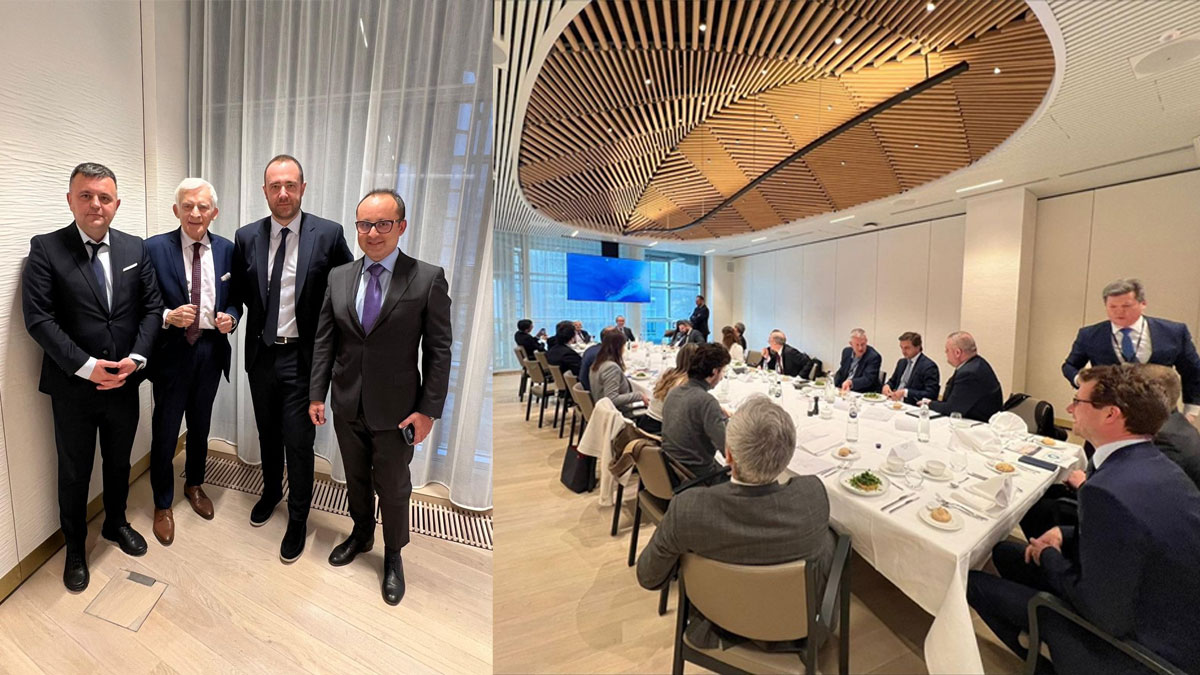Romania Contributes to Europe’s Energy Security and the Competitiveness of European Industry
Offshore gas exploitation in the Black Sea represents an important basis for security of energy supply in the region. By exploiting the natural gas resources in the Black Sea, Europe is taking important steps in reducing dependence on energy imports and ensuring regional energy independence.
Razvan Popescu, Romgaz CEO, Aristotel Jude, Romgaz deputy CEO, Alexandru Maximescu, OMV Petrom Vice President for Regulatory & Corporate Public Affairs, recently presented in the European Parliament the potential of the Neptun Deep project for strengthening the energy security of Romania and Europe.
With an impressive capacity of around 8 billion cubic metres per year, the offshore gas project in the Black Sea is emerging as an essential source of natural gas for Europe. This initiative aligns perfectly with the objectives of the Repower EU Programme, which aims to reduce dependence on gas imports from Russia and support the energy transition to secure, cleaner sources. By replacing coal and providing a constant resource to complement renewable energy, the project provides a significant boost to decarbonisation efforts.
At the presentation event, Jerzy Buzek, former Prime Minister of Poland and President of the European Parliament, highlighted the challenges posed by Russia’s war in Ukraine and welcomed the project for its potential to strengthen the security of energy supply for both the countries of the Black Sea region and the entire European Union.
Cristian Busoi, chairman of the European Parliament’s Committee on Industry, Research and Energy (ITRE), also highlighted the multiple benefits that the Neptun Deep project brings to the European Union: from contributing to the energy transition, to supporting economic sectors and improving competitiveness. “I believe that the onshore and offshore potential is important to use, as this will allow us to replace imports from Russia more quickly, but also to reduce overall imports from regions with low environmental standards, such as North Africa or the Middle East. The Black Sea and Romania can become suppliers of energy security and will contribute to Europe’s industrial competitiveness,” he said.



